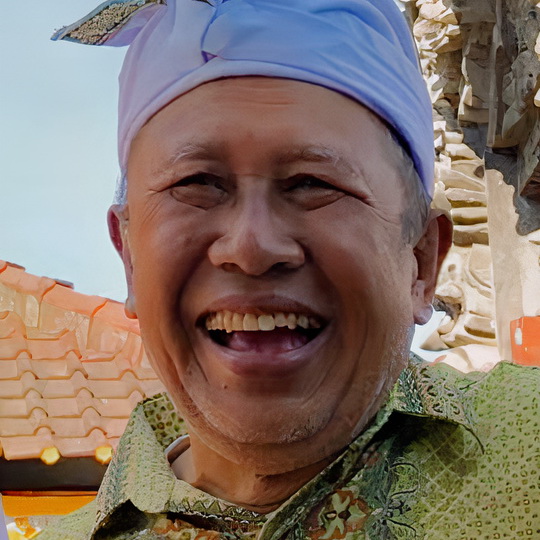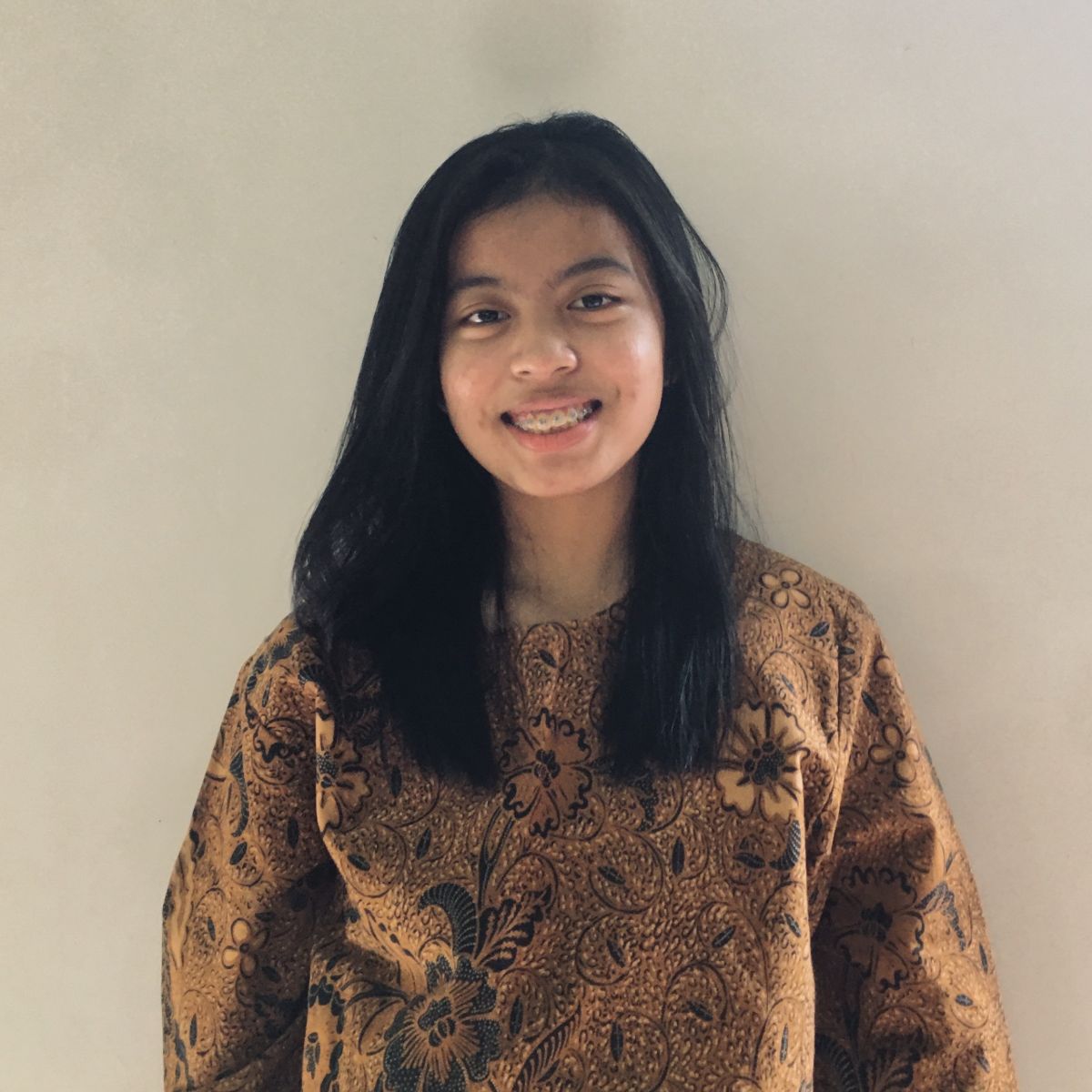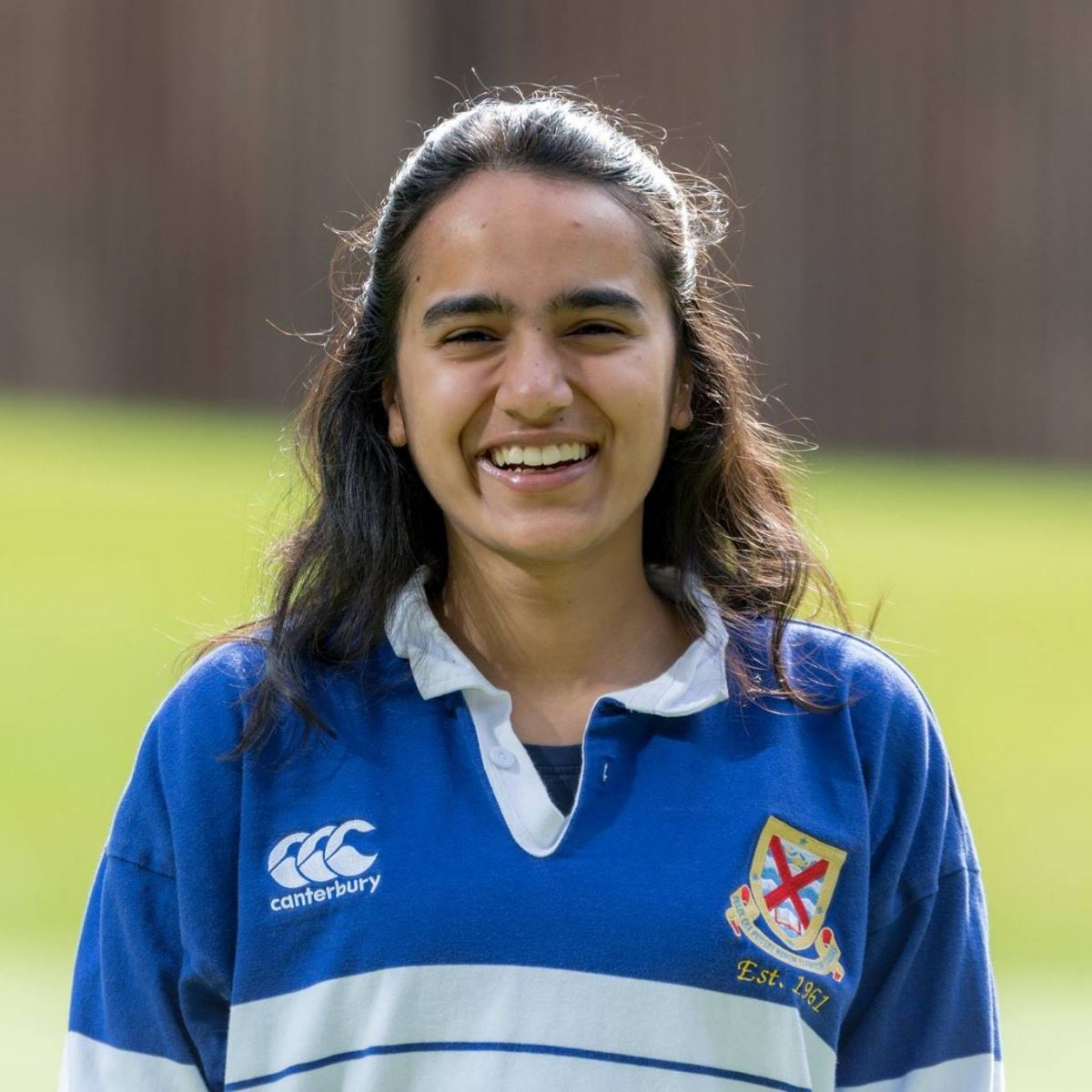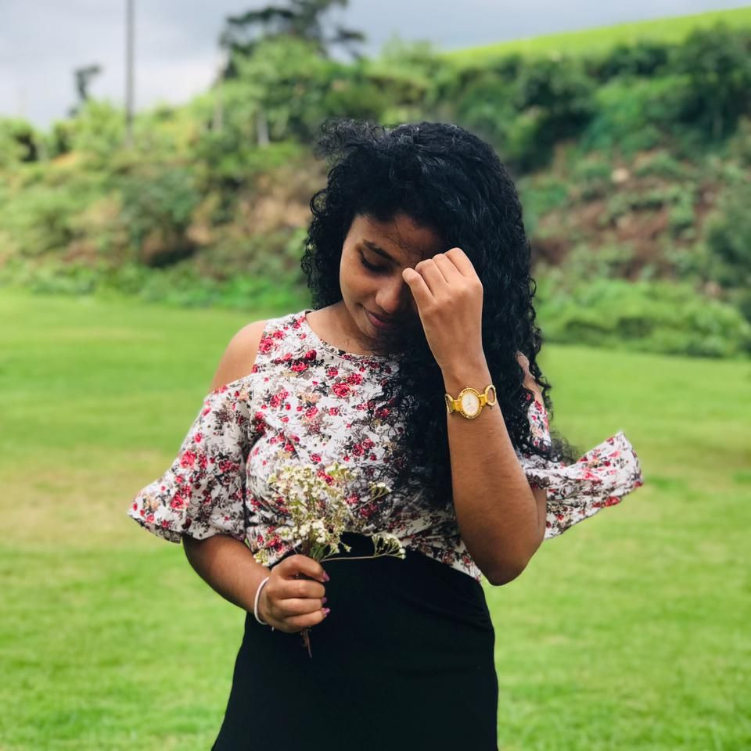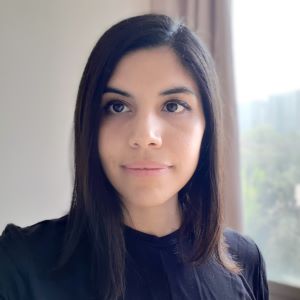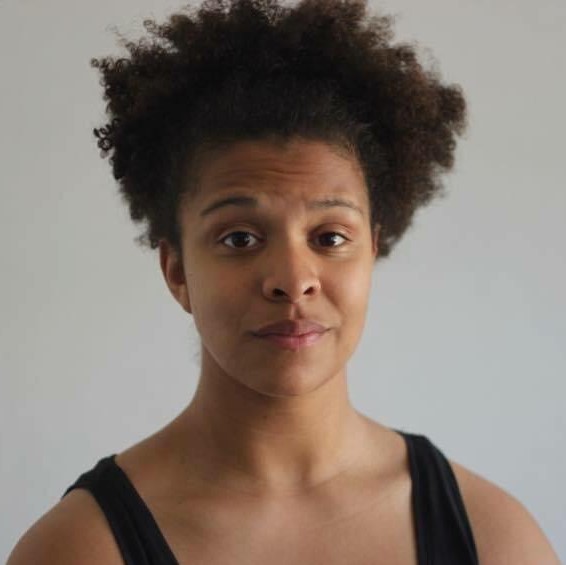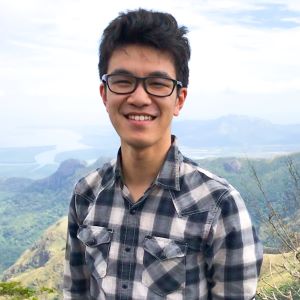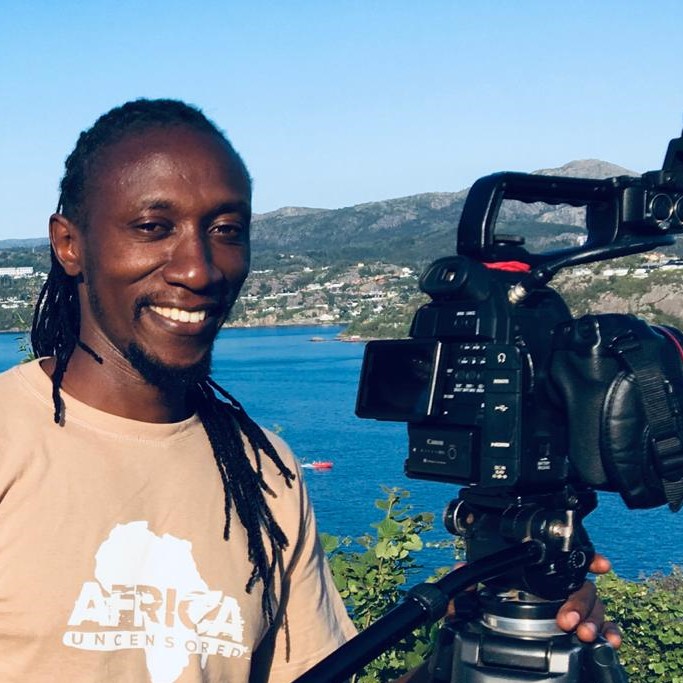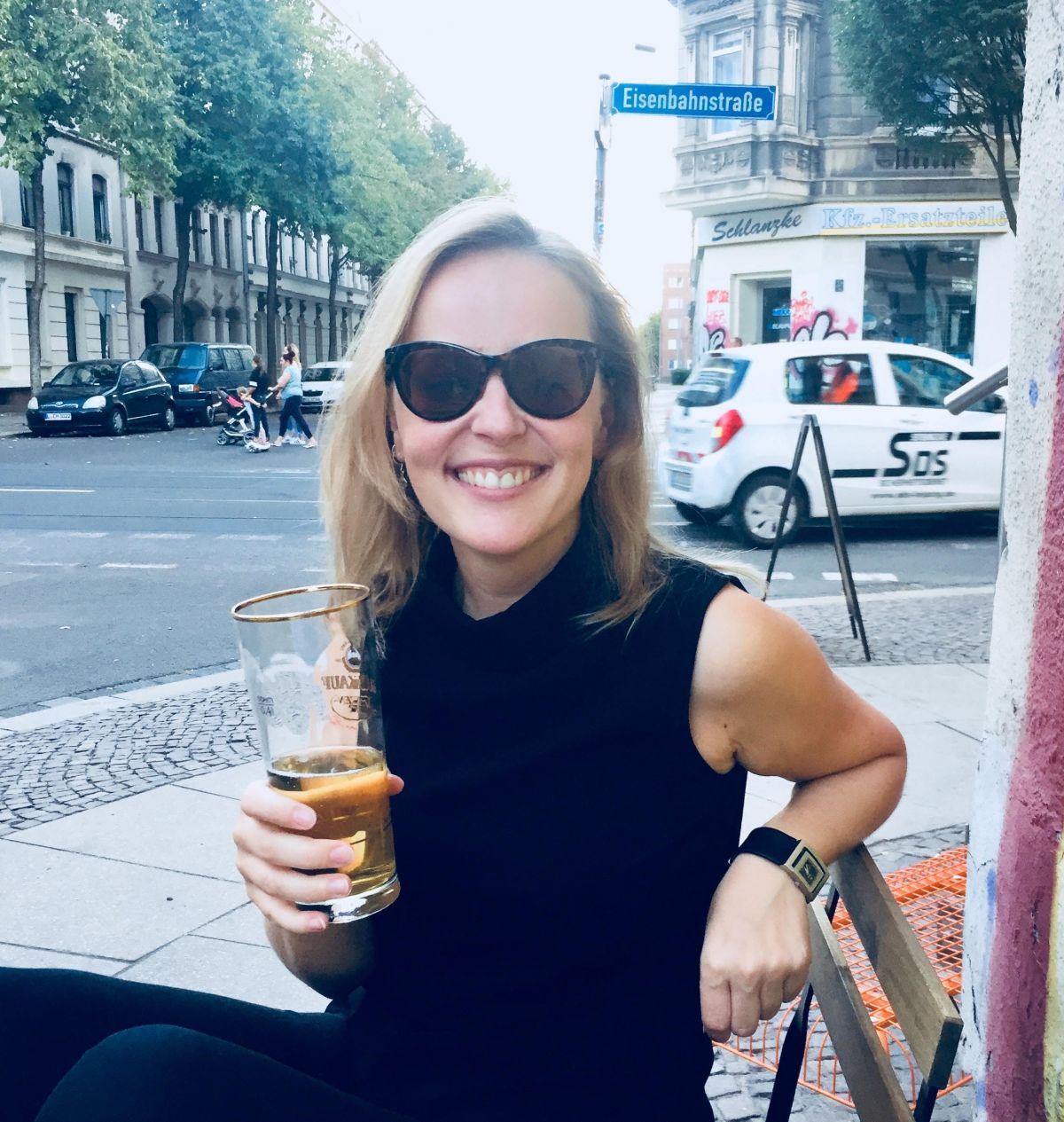The Balinese Genocide Through the Eyes of I Made Susantha Balian and his Granddaughter
Veronica recently found out that her grandfather had witnessed a historical genocide in Bali, Indonesia, when he was a teenager. Her family encouraged her to interview him. This is his story.
Indonesia, Southeastern Asia
Story by I Made Susantha Balian. Edited by Sterre van Dord
Published on October 4, 2021.
Reading time: 10 minutes
This story is also available in 

Listen to this story:
During my childhood I spent many years living in Indonesia - in Sulawesi, Bandung and Bali. For the most part I was too young to be interested in politics or have any understanding of the social and political background of Indonesia. Sometimes, I would hear the names of Sukarno and Suharto in the conversations between my parents, uncles, aunts, and grandparents. All I knew while growing up was that my great-aunts and grandparents witnessed a regime change, which had not been peaceful. But then, a few months ago, my father sent me an article on the massacres in Bali that took place during the regime change in 1965-66 and told me that my grandfather was living in Bali at that time. I confirmed with my uncle and aunt first because it was quite unbelievable to be told that your own grandfather witnessed a historical genocide [1]. They confirmed and encouraged me to interview him. This is his story.
“My name is I Made Susantha Balian and I was born on the 12th of February 1949 in a small village north of Bali, called Tamblang. I lived in Bali until 1973. Our family owned a few pieces of land. In the language of class structure, we belonged to the class of landlords. I still have one piece of land in Tamblang. Although my main residence is in Bandung, Java, I return at least once a year to tend to the land and visit friends and relatives. Nowadays I enjoy a good relationship with my relatives, but this was not always the case. In the 1960s, there were three major parties competing for power: the Communist Party (PKI), Nationalist Party (PNI) and Muslim Party [2]. In 1965 a coup took place in Indonesia by Suharto and his PNI against the PKI. Since my father was a member of PNI, I naturally also joined the PNI.
The police would patrol the neighbourhood to make sure nobody was outside. I was a member of the PNI and therefore, I wasn’t too afraid as long as I stayed at home.
Until 1963, it was still peaceful in Bali. In 1964, I entered my second year of high school. But after the coup on the 30th of September 1965 [3], the situation changed a lot in Bali. After school, us students had to go straight home as we were not allowed to go anywhere else. A curfew (Jam Malam) existed, which meant we had to stay at home after 6pm. The police would patrol the neighbourhood to make sure nobody was outside. I was a member of the PNI and therefore, I wasn’t too afraid as long as I stayed at home.
The events that unfolded in Jakarta in 1965 also severely impacted Bali. Violence nearly broke out and many members of the PKI were imprisoned in Bali. In Tamblang, too, PKI members were taken away. Around 30 people were taken away and never came back.
I was only 16 years old. The situation was very scary. In the early morning people came who were not from our village. These people assembled the members of the PKI in a big open space at the village centre. By three in the afternoon, the PKI members were put into a lorry and then they were gone. I did not know who took them and where they were taken. All I know now is that it would be the last time I saw them.
They were members of the PKI, but I felt sorry for them. At the same time I also hated them.
I could not say goodbye to them because I was scared. They were members of the PKI, but I felt sorry for them. At the same time I also hated them. This is because they were always threatening me and my father with words. They said that they would kill us and occupy the land of my family. They would then divide our land among them. According to them, land belongs to all the people. If I had to describe the PKI, then it is a party that has no humanity.
When people from my village were taken away, I also felt really sad. Tamblang is a very small village and we are all related. My teacher and many of my friends went missing. Many times in my life, I have asked myself: where are they and what happened to them? However, even my father told me to keep silent and stop asking questions.
I no longer seek to find out who led the PKI members away and what happened to them.
I no longer seek to find out who led the PKI members away and what happened to them. Why? Because there has been too much speculation and I cannot rely on people’s memories of events that happened more than 50 years ago. All I want is for people to learn from this period. I want people to learn that when you join a party, you should not be too fanatic about the ideologies that are promoted. There were so many victims. At the end, who suffers out of this, is us, the citizens.”
As I interviewed my grandfather, I noticed many inconsistencies in his statements. He would say one thing, but a few minutes later say something that contradicted what he said before. This ambivalence I also saw in the documentary “The Act of Killing” - a documentary I encourage anyone who would like to know more of what happened during that period to watch. He also admitted his reluctance to talk about it, if I hadn’t specifically requested this interview. This is because, for him, it was such a dark period. So I was surprised that my grandfather was at all willing to be interviewed and willing to share his name and photograph. Nevertheless, the interview did not go as smoothly as I expected. My grandfather would always give out very short answers, and although I prepared some questions beforehand, I realized that if I wanted to get anything out of it, I needed to really ask very specific questions.
The line between innocent bystander and collaboration is not clear-cut, and these events must have left some kind of trauma on them.
Of course, as I was brought up with a Western education, I see my grandfather’s account through Western eyes. I can only explain his inconsistency as an internal struggle of those people who lived through that time and saw their relatives either get killed or be led away. The line between innocent bystander and collaboration is not clear-cut, and these events must have left some kind of trauma on them. Most of the people who were involved in the massacres and in the crackdown on so-called communists continue to live unprosecuted and even enjoy positions of power. Somehow, I believe that my grandfather actually knew what happened to those being led away. They were killed. The story of my grandfather may be too ‘normal’ for such a fateful period, but a lot of people still do not dare to speak out. It cannot be proven whether my grandfather has tried to suppress certain incidents. At least, for me, this interview brought me to learn more about these events in Indonesia and Bali. Unfortunately, documents by the Indonesian government on the persecution and killings of PKI members are still inaccessible [4]. The process of reappraisal is only slowly developing and it is people like my grandfather who can lead an example for others to speak out and teach us about Indonesia’s recent past. I hope at least that his story can make more people interested in what happened at that time.
Footnotes:
[1] In Indonesia itself, the events are still not considered a ‘genocide’ rather as a ‘mass uprising’. But it should be noted that such widespread killing was only possible through coordinated actions from above (the military and the government. For further readings on the coup and the killings, I suggest the following articles: https://www.theguardian.com/books/2018/mar/15/killing-season-geoffrey-robinson-army-indonesian-genocide-jess-melvinreviews; https://www.tandfonline.com/doi/full/10.1080/14623528.2017.1393942
[2] Partai Komunis Indonesia (PKI – Indonesian Communist Party), the Partai Nasional Indonesia (PNI – National Party of Indonesia) and the Nahdlatul Ulama (Muslim Party)
[3] The September 30th Movement refers to the coup against Sukarno in Jakarta, which subsequently led to the communist crackdown. For more information: https://www.sciencespo.fr/mass-violence-war-massacre-resistance/fr/document/indonesian-killings-1965-1966.html
[4] It is thought that up to two million people were killed in Indonesia as a whole as part of the communist crackdown and several thousands of people in the small island of Bali: https://www.smh.com.au/world/australian-journalist-frank-palmos-first-witness-to-1965-indonesian-massacre-20151002-gjzjjn.html; https://theclassicjournal.uga.edu/index.php/2020/05/12/bite-sized-bali-grown-in-genocide-consumed-by-capitalism/
How does this story make you feel?
Follow-up
Do you have any questions after reading this story? Do you want to follow-up on what you've just read? Get in touch with our team to learn more! Send an email to [email protected].
Talk about this Story
Please enable cookies to view the comments powered by Disqus.
Subscribe to our Monthly Newsletter
Stay up to date with new stories on Correspondents of the World by subscribing to our monthly newsletter:
Tags
Topic: Liberation
> Indonesia
Nurturing critical thinking for sociopolitical issues among youth in Indonesia
A story by Lamtiar Nababan
5 min
When public debate moved online during the pandemic, Lamtiar noticed how many people expressed extreme and disrespectful opinions. And while that’s nothing new, she had hoped that the younger generation would be better. Read more...
> India
Becoming A Happiness Ambassador: A Dream of a Young Social Activist from India
A story by Sanjoli Banerjee
5 min
After having studied abroad, Sanjoli arrived at an inflection point and realised that her position was one of privilege. She returned to India and decided to give back to those not so privileged. Read more...
> Sri Lanka
It’s okay to be not okay
A story by Hasanga Gagalagamuwe
4 min
For a long time Hasanga was bullied for looking different until she became inspired by the campaign “Beauty comes in all shapes, colors, types and sizes.” Now she has stopped trying to change her appearance to please others, and started to create her own version of beauty. Read more...
Explore other Topics
Get involved
At Correspondents of the World, we want to contribute to a better understanding of one another in a world that seems to get smaller by the day - but somehow neglects to bring people closer together as well. We think that one of the most frequent reasons for misunderstanding and unnecessarily heated debates is that we don't really understand how each of us is affected differently by global issues.
Our aim is to change that with every personal story we share.
Community Worldwide
Correspondents of the World is not just this website, but also a great community of people from all over the world. While face-to-face meetings are difficult at the moment, our Facebook Community Group is THE place to be to meet other people invested in Correspondents of the World. We are currently running a series of online-tea talks to get to know each other better.











